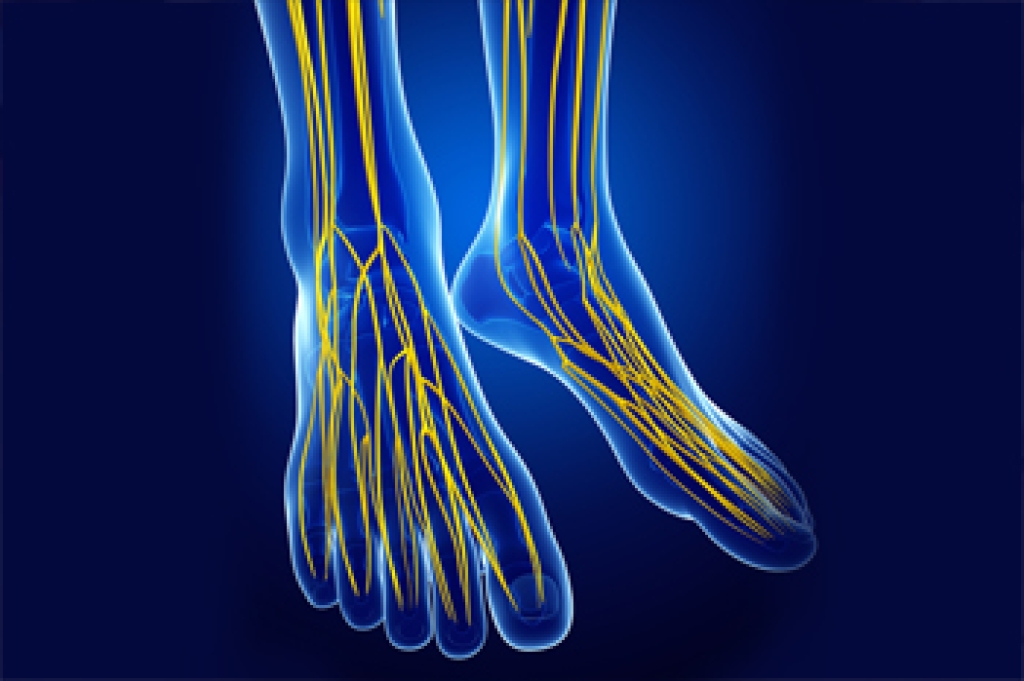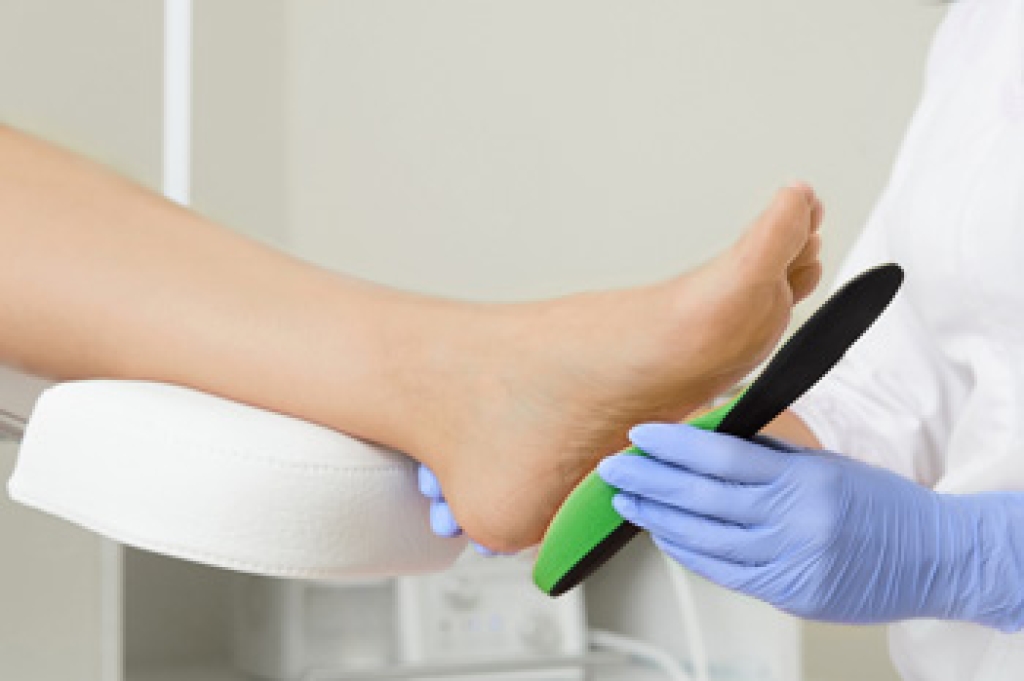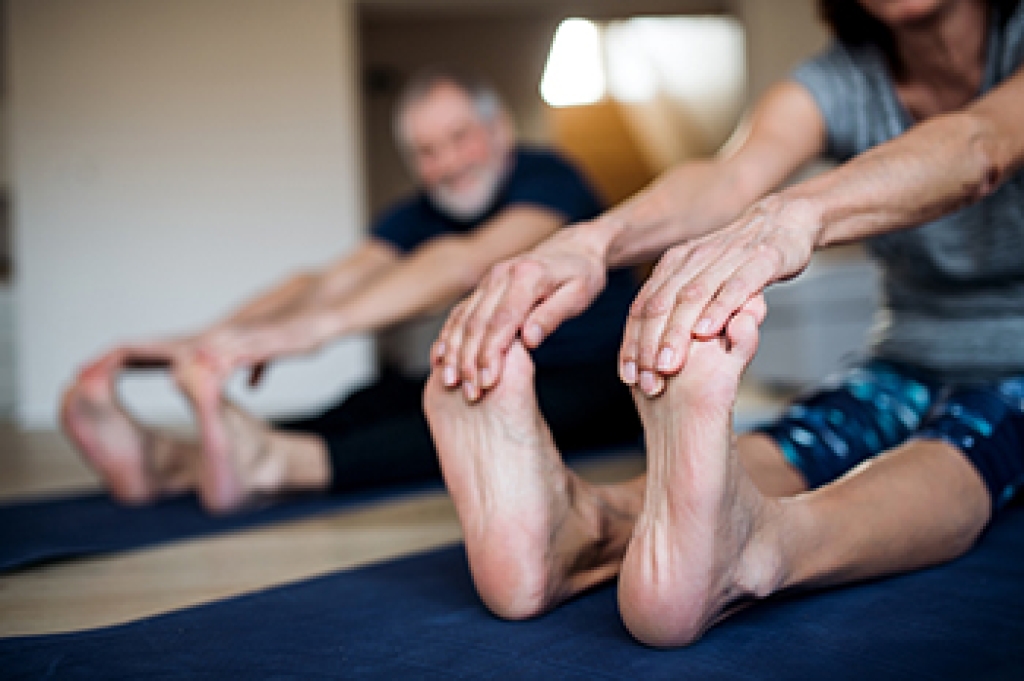 An Achilles tendon rupture is a complete or partial tear of the Achilles tendon, a band of tissue that runs along the back of the lower leg and connects the calf muscles to the heel bone. This type of injury can occur during forceful jumping or pivoting, when suddenly accelerating while running, or from falling or tripping. An Achilles tendon rupture is particularly common among middle-aged people who play sports as a hobby. If you have ruptured your Achilles tendon, you may feel a sudden pain in the back of the ankle or calf that subsides into a dull ache over time. You may also experience a popping or snapping sensation in the back of the leg. This is often followed by swelling in the area between the heel and the calf and difficulty walking, especially up the stairs or up a hill. If you have ruptured your Achilles tendon, please seek the care of a podiatrist.
An Achilles tendon rupture is a complete or partial tear of the Achilles tendon, a band of tissue that runs along the back of the lower leg and connects the calf muscles to the heel bone. This type of injury can occur during forceful jumping or pivoting, when suddenly accelerating while running, or from falling or tripping. An Achilles tendon rupture is particularly common among middle-aged people who play sports as a hobby. If you have ruptured your Achilles tendon, you may feel a sudden pain in the back of the ankle or calf that subsides into a dull ache over time. You may also experience a popping or snapping sensation in the back of the leg. This is often followed by swelling in the area between the heel and the calf and difficulty walking, especially up the stairs or up a hill. If you have ruptured your Achilles tendon, please seek the care of a podiatrist.
Achilles tendon injuries need immediate attention to avoid future complications. If you have any concerns, contact the foot specialists of Affiliates in Foot Care, P.C.. Our doctors can provide the care you need to keep you pain-free and on your feet.
What Is the Achilles Tendon?
The Achilles tendon is a tendon that connects the lower leg muscles and calf to the heel of the foot. It is the strongest tendon in the human body and is essential for making movement possible. Because this tendon is such an integral part of the body, any injuries to it can create immense difficulties and should immediately be presented to a doctor.
What Are the Symptoms of an Achilles Tendon Injury?
There are various types of injuries that can affect the Achilles tendon. The two most common injuries are Achilles tendinitis and ruptures of the tendon.
Achilles Tendinitis Symptoms
- Inflammation
- Dull to severe pain
- Increased blood flow to the tendon
- Thickening of the tendon
Rupture Symptoms
- Extreme pain and swelling in the foot
- Total immobility
Treatment and Prevention
Achilles tendon injuries are diagnosed by a thorough physical evaluation, which can include an MRI. Treatment involves rest, physical therapy, and in some cases, surgery. However, various preventative measures can be taken to avoid these injuries, such as:
- Thorough stretching of the tendon before and after exercise
- Strengthening exercises like calf raises, squats, leg curls, leg extensions, leg raises, lunges, and leg presses
If you have any questions please feel free to contact our office located in Woburn, MA . We offer the newest diagnostic tools and technology to treat your foot and ankle needs.


 Orthotics
Orthotics
